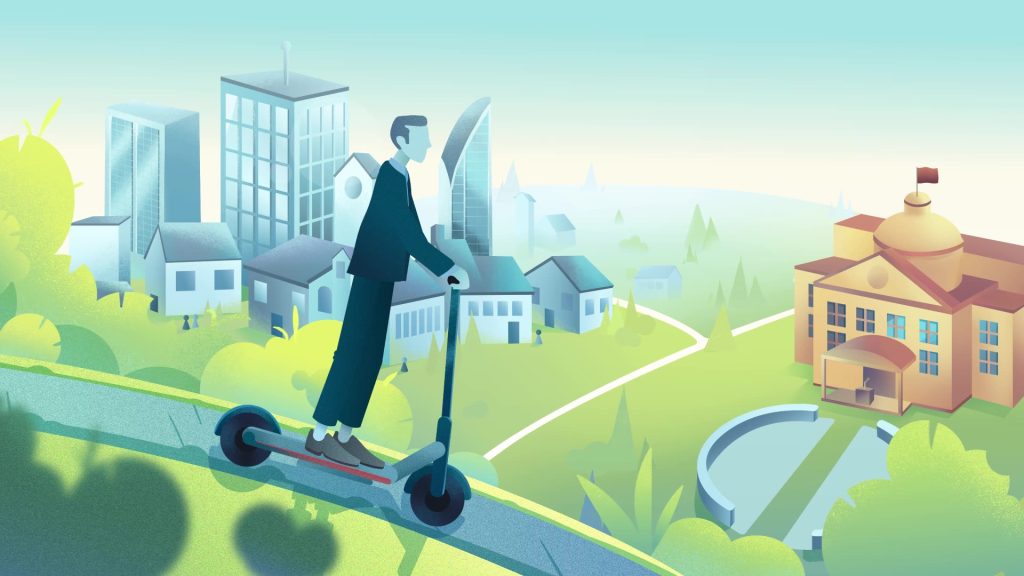
Theme leads:
Summary:
In CAST Theme 3: Trialling, researchers work with a range of partners to develop, test and evaluate transformative interventions across a range of contexts and scales.
We’re interested in people doing things differently – from live music venues trying to decarbonise concerts to football clubs helping their fans be more sustainable.
We apply a ‘learning by doing’ methodology and support change in a collaborative, ongoing and iterative way.
The core aims of Theme 3 are:
- Test out ways of doing things differently.
- Build communities that share and learn.
Projects we’re currently working on:
- Carbon and co-benefits tool
- Health, community and climate outcomes of veg box social prescribing
- Organisational change
- Mobilising the sports sector
- Government-led change
- Decarbonising events
Carbon and co-benefits tool
Project lead: Prof Carly McLachlan
In Phase 1, we developed a tool to help local authorities assess policies and initiatives on various sustainability criteria, including their contribution to climate change and their impact on things like nature, equality and health. In Phase 2, we are supporting the uptake and use of this tool across the UK via training, workshops and webinars with local authorities.
Resources:
- CAST Carbon and Co-benefits Decision Support Tool
- Paper (linked to this work, talking about various co-benefits approaches): Valuing the wider benefits of net zero: Conceptual foundations of new assessment frameworks in the United Kingdom
Health, community and climate outcomes of veg box social prescribing
Project lead: Dr Mark Wilson
WellFed Cornwall is a cross-sector group of healthcare professionals, community food growers, voluntary sector organisations and Cornwall Council. They are trialling veg box on prescription to improve access to healthy, sustainable food and reduce the risk of dietary-related diseases. WellFed Cornwall is working with CAST researchers to evaluate the pilot outcomes.
Resources:
- Report: Community healthy food interventions – Review of outcomes metrics and toolkits. Report for Cornwall Council and the WellFed Cornwall network.
- The WellFed Cornwall Website: WellFed – Health and Climate Resilience | Volunteer Cornwall which includes this summary: WellFed Project Summary – Health and Climate Resilience | Volunteer Cornwall
- The interim evaluation report for this project will be available in March 2026.
Organisational change
Project lead: Prof Olga Tregaskis
Investigating what makes individuals push for sustainable change within businesses and how to increase the adoption of low-carbon commuting.
Resources:
- Reports:
- Papers
- The goal proximity of employee green behaviour: Validating and refining the Green Five taxonomy . Maguire, D., Michaelides, G. & Tregaskis, O., Oct 2025, In: Journal of Environmental Management. 393, 126877.
- How can you change sustainability behaviours in your workplace? CAST Briefing 23 Maguire, D., Michaelides, G. & Tregaskis, O., 19 Feb 2024, https://cast.ac.uk/resources/briefings/. 6 p.
- Organisational Change towards Sustainability: From Ambition to Impact through mindsets and communities of practice. Tregaskis, O., Graham, J., Baric, M., Harvey, V., Maguire, D., Michaelides, G., Nayani, R. & Watson, D., 30 Aug 2023, Psychology of Sustainability and Sustainable Development in Organizations. Di Fabio, A. & Cooper, C. (eds.). Routledge, (Psychology of Sustainability and Sustainable Development in Organizations).
Mobilising the sports sector
Project lead: Prof Lorraine Whitmarsh MBE, Prof Carly McLachlan & Dr Mark Wilson
Conducting surveys, workshops and field experiments to find out how to support sports fans, athletes and clubs to make sustainable choices. This project encompasses multiple sports, performance levels (i.e., grassroots and professional), and contexts (i.e., actions to reduce environmental footprints and/or increase climate resilience).
Resources:
- CAST Briefing 42: Accelerating sustainability in professional sport: insights from rugby union (CAST & Pledgeball)
- CAST Briefing 39: “I would be laughed out the stadium”: How to break climate silence in British football (CAST & Pledgeball)
- Report: What’s stopping us? Applying psychology to accelerate climate action in sport (Sport Positive, UN Sports for Climate Action and CAST).
Government-led change
Project lead: Dr Chantal Sullivan-Thomsett & Prof Irene Lorenzoni
This project gathers insights from politicians and voters to understand how much agency and responsibility each group feels they have in relation to addressing climate change. Based on this knowledge, we use a variety of methods to further explore which policy designs could be most successful.
Resources:
- Geese L, Sullivan-Thomsett C. High emissions, low engagement? How members of parliament represent the carbon footprint of their constituents. European Journal of Political Research. Published online 2026:1-25. doi:10.1017/S1475676526100681
- Geese, L. & Kenny, J. (2025) Opinion on climate change policy during the 2024 general election. Green Alliance. https://green-alliance.org.uk/publication/opinion-on-climate-change-policy-during-the-2024-general-election/
- CAST Briefing 28: How not to transform: Learning from the backlash against low-carbon heating policy in Germany.
Decarbonising events
Project lead: Lois Pennington
Trialling and developing our super low-carbon roadmap to reduce the environmental impact of live music, film and TV.
Interested in partnering with CAST on a specific project? Discover how we can support you, or get in touch with us directly via our Contact Form to find out more about how we can work together.
